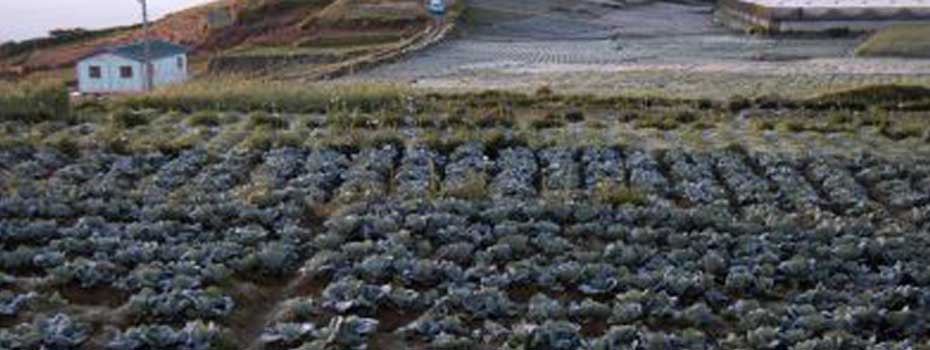 BY GREG CASTILLA – I don’t know the man. My knowledge of him is based on what I’ve read in various newspapers and what I’ve seen on television.
BY GREG CASTILLA – I don’t know the man. My knowledge of him is based on what I’ve read in various newspapers and what I’ve seen on television.
Some people like him; others don’t. But he continues to capture the national consciousness.
He has been invited to appear in various fora, and with every appearance that he makes, the more he elicits excitement – to some, more questions – that results in more people wanting to know and understand him better.
As a consequence, his popularity remains unabated.
Speaking of the 2016 national election, the candidates for the presidency are abuzz with careful maneuvering trying to get his support, despite some of his positions that are mired in legal controversies.
The man I am referring to is Rodrigo Duterte, the mayor of Davao City.
For months I’ve been trying to understand what catapulted him into the national limelight. I don’t think it is because of his extra-marital affairs that he proudly admitted when he appeared before Vice Ganda’s Sunday program. I must admit his sexual prowess at 70 years old can be a source of envy by many.
With Duterte, you get what you see. Or better yet, you get the fruits of what he does.
He was once quoted as saying, “There are things that I have to do because nobody will do it for me.” What a gutsy statement.
One of the first things that he did in Davao City was to clean the city of bad elements. Now Davao is known to be one of the most peaceful cities in Southeast Asia. It is an accomplishment that no other mayor in the Philippines has done.
According to his critics, Duterte cleaned the city of alleged criminals by resorting to vigilantism and extra-judicial killings, reminiscent of the martial law years.
Said Duterte, “The criminals have no place in this city, except jails, detention centers, and God forbid, funeral parlours.”
But the irony of it all is that Duterte has not been charged and brought to court to answer the allegations against him. And the people of Davao have not made an issue out of them. It seems that whatever strategy he is doing to curb criminality is getting popular support.
People are willing to ignore and forgive his sexual indiscretions as well as his toughness in solving crimes that allegedly borders on violating the rights of criminals as long as he solves common problems that matter most to the people.
The people in his community are tired of empty promises and they see in Duterte a feisty public servant who makes true of his promise. He delivers and the people like him.
He may not be a saint, but his positions on certain social issues make a lot of sense.
When he appeared on Vice Ganda’s Sunday show, he surprised me when he openly declared that he supports same-sex marriage, adding that everyone deserves to be happy.
He also supports the passage of the Bangsamoro Basic Law (BBL) and, unlike the former president Joseph Estrada, he shuns an all-out war strategy in solving the armed conflict in Mindanao between the Muslims and the government.
During the recent funeral in Davao of New People’s Army (NPA) leader Leoncio Pitao, alias Ka Parago last month, he was criticized for allowing thousands of Parago’s supporters to join the funeral.
Accused of being a communist, Duterte defended himself saying, “Parago is dead. Death is permanent. But to me when the person is dead it is all even. After all, that guy is not an ugly guy. He was not a robber. He did not sell drugs. He was there dreaming of a different setup for the Philippines. That is all his sin.”
Although he does not believe in armed struggle, Duterte continues to voice his respect for the communist’s ideology of equality and call on the government to revive the stalled peace talk with the CPP-NPA-NDF. He said he is against Filipinos killing fellow Filipinos.
The respect he showed to Kumander Parago and his family must have endeared him to the more than 10,000 people who joined the funeral march.
It’s in situations like these that he shines. If I were to judge him based on what he did during the Parago funeral, I would say he is a leader who can feel the pulse of the masses. He makes his decision based not on what people will say, but on what he feels is right at the moment. He is decisive and he follows his decisiveness with concrete actions.
If before Duterte struck me as an intransigent politician prone to dictatorial ways, now I see him as a person who wants to do the things that others would not dare do.
His ways would either make someone like him or not at all.







Leave a Reply